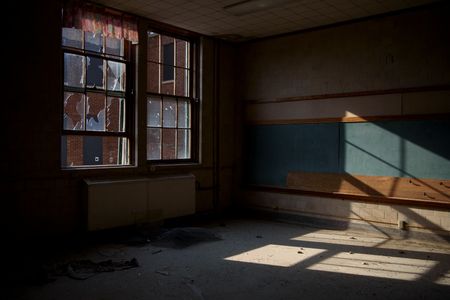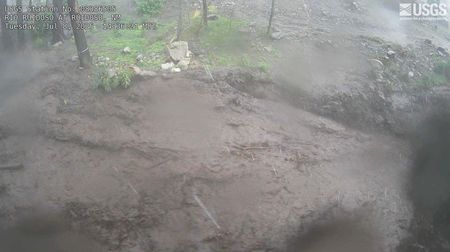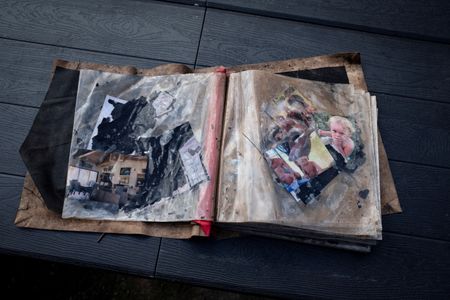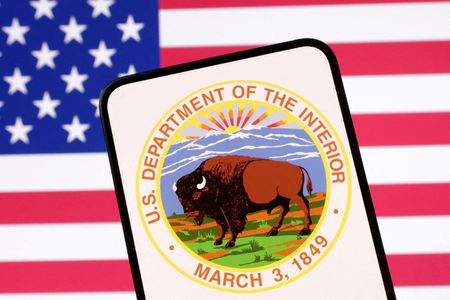By Andrew Hay
(Reuters) – At least 973 Native American children died at Indian Boarding Schools from 1819 to 1969, according to a federal report that calls on the U.S. government to apologize for the 150-year-long forced assimilation policy used to separate children from families and destroy tribal identity.
Many of the children who died were buried at 65 former schools across the country in at least 74 marked and unmarked burial sites, according to a U.S.
Department of the Interior study released on Tuesday.
It was the second and final report on the schools commissioned by U.S. Secretary of the Interior Deb Haaland, the United States’ first Native American cabinet secretary.
Haaland, a member of New Mexico’s Pueblo of Laguna tribe, talks of the horrors her grandmother and other relatives suffered as they were forced onto trains to attend the schools.
The report recommends ways the United States can amend for the alleged physical and sexual abuse generations of children suffered as they were stripped of their names and prohibited from speaking their languages.
“Federal policies were set out to break us, obtain our territories, and destroy our cultures and our lifeways,” Assistant Secretary of the Interior for Indian Affairs Bryan Newland, of the Bay Mills Indian Community (Ojibwe), wrote in a preface to the study.
The department was able to identify 18,624 Indian children who entered the Federal Indian Boarding School system between 1819 and 1969, though it acknowledged many more attended.
At least 59 religious groups received U.S.
government funding to run the boarding schools, with 210 of the 417 schools operated by religious institutions, the study found.
The United States spent more than $23.3 billion, in 2023 inflation-adjusted terms, between 1871 and 1969 to run the schools and associated assimilation policies, the report said.
It recommended a similar amount be invested in remedies for intergenerational trauma caused by the schools, which ranges from substance abuse to the crisis of missing and murdered indigenous women and relatives.
(Reporting By Andrew Hay; Editing by Christian Schmollinger)











